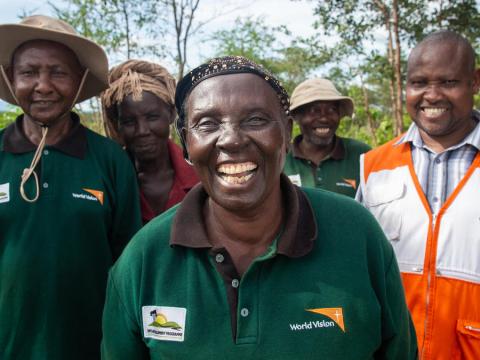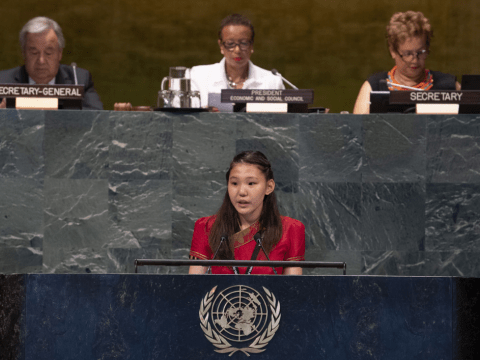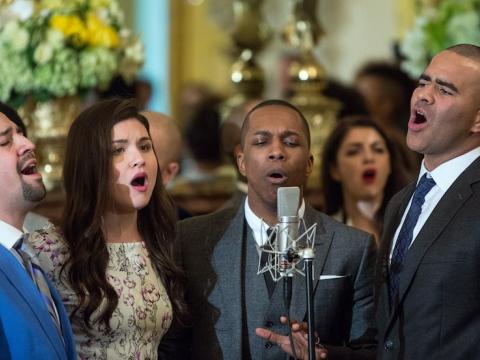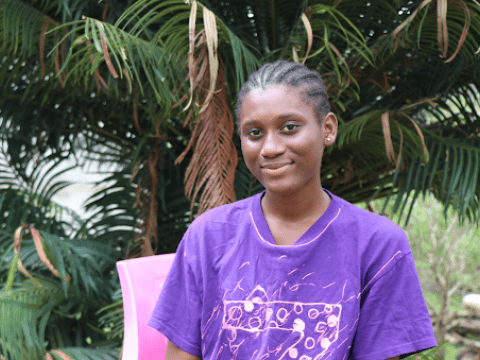
COP26 leaders: Don't we deserve a better future?
Youth advocates Tenema and Tejan share how climate change is affecting their lives, their friends and their futures, and ask leaders whether COP26 leaders are doing enough
By Tenema and Tejan, both 17, from Bo, Sierra Leone
We have been working on issues of child marriage, teen pregnancy and other problems affecting children in our community for years, but it wasn’t until we were invited to a National Commission for Children event about the Sustainable Development Goals last year that we realised how big an issue climate change was as well.
We recognised, listening to the other children and organisations, that a lot of the issues we’d been working on had been tied to climate change all along. Climate change affects kids in every part of their lives – health, education, protection – but we didn’t have anything to do with creating it.
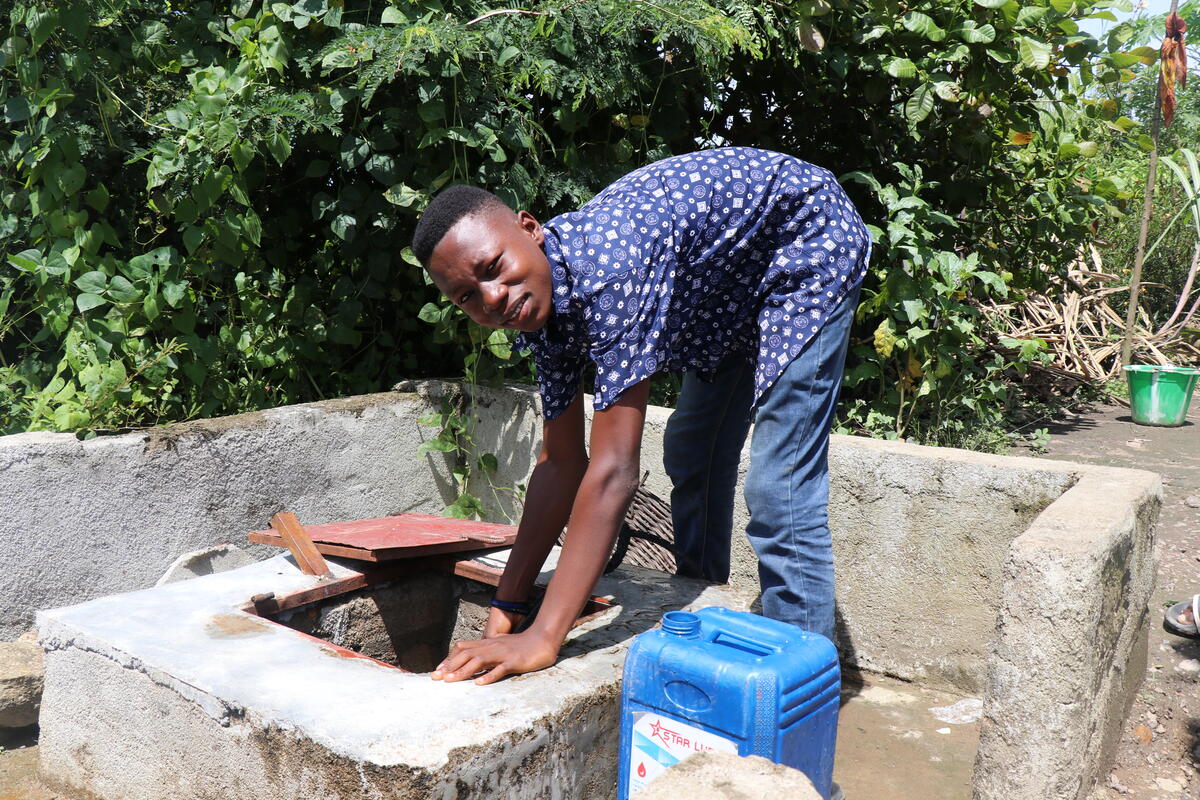
How climate change is affecting children in Sierra Leone
In Sierra Leone, climate change has exacerbated both our wet and our dry seasons. In extreme rains the roads become impassable and drown the rice crop, one of our staple foods. It’s difficult to get to school in the floods, and sometimes even if we students do show up, the teachers do not.
In the dry season in Sierra Leone, our rivers and lakes dry up and families struggle to catch enough fish to feed themselves. Our crops suffer in the heat, and pests arrive to eat what’s left. Mosquitos breed in the dry riverbeds, and malaria infection rates go up. Searching for water also interferes with our school attendance, as we have to walk further and further to find sources. Girls worry about their safety going long distances looking for water too.
The deforestation currently taking place in our communities also makes all of these effects worse. People are cutting down trees to produce charcoal, which not only means we have less trees, but more air pollution too. The government has been promoting a ‘cut 1, plant 2’ campaign to combat deforestation, but so far it’s not been working. The lack of trees make the problems of heat and scarce water worse, and leaves our buildings more exposed to wind.
In a storm a couple years ago, the winds came and tore the roof off a building, killing two of our classmates.
Finding solutions to climate change
Climate change is something that’s affecting kids globally, from our schooling to our health. We’ve been working in our community to raise more awareness about environmental issues when we’re invited to talk on the local radio, and challenging our chief and religious leaders, asking them what they’re doing about hunger.
We need our government and other world leaders to take action to address climate change. The government should empower more young people to speak up and involve them at the local level, not just those who live in the capital Freetown. Farmers should be given drought-resistant seeds, and supported to adapt climate-smart agriculture practices.
We want happy and healthy futures, but that isn’t going to be possible unless leaders address climate change at COP. In the face of extreme heat, drought, and natural disasters, what are politicians doing to ensure we get the futures we deserve?
Learn more about World Vision's involvement in COP26 and it's work to address the climate crisis here
